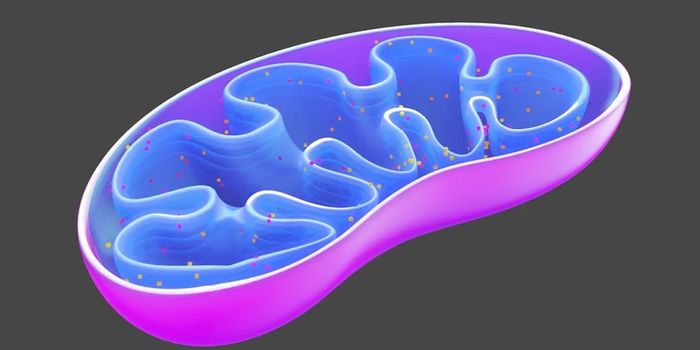Novel Gene Discovery Sheds Light on Sex Differences During Immune Response
In the last two decades, scientists have been working to understand if and how sex is correlated to immune response. Previous reports have shown that women have stronger innate and adaptive immunity. While differences in immunity can be contributed to various factors, scientists have attributed this to spikes in specific hormones and explains this advantage from an evolutionary perspective. As a result, women are reported to generate better immune protection against infections and diseases. Unfortunately, this increased immune response makes women more susceptible to autoimmune disorders and inflammatory diseases. In comparison, men tend to be more vulnerable to diseases and are at a higher risk of experiencing severe symptoms.
While environmental exposures and lifestyle habits can directly regulate or influence the immune system, these factors are modifiable. Currently, scientists in the field of immunology are interested in understanding the biological causes that influence immunity between the sexes. Improved immune responses leave women more susceptible to autoimmune diseases, including lupus, multiple sclerosis (MS), and rheumatoid arthritis. Sex hormones are directly related to this phenomenon. Specifically, estrogens that are increased in women tend to enhance immune function and antibody production. In contrast, testosterone generally acts as an immunosuppressant, which is generally prevalent in men. Consequently, immune cells, including B cells, monocytes, and macrophages are more active in women and can build a stronger response when a pathogen enters the body. This difference in immunity can also be attributed to genetic makeup. Women have two X chromosomes compared to one X and one Y (in men), which provides differences in gene expression. Scientists have stated that the presence of another X chromosome influences immune landscape in patients.
A recent article in the Journal of Immunology, by Dr. Dimitris Lagos and others, has revealed a novel gene responsible for improved immune system response in women. Scientists have identified Malat1 as a critical gene that regulates immunity and is responsible for heightened activity. Lagos is the Director of Research and Professor of Immunology at the University of York. His research focuses on the role of gene regulation in immune responses against diseases.
Lagos and his team investigated specific immune cells, known as T cells, which are necessary for effective immunity. These cells are also implicated in allergies and autoimmune diseases. As a result, the team discovered that Malat1 is necessary for the development of T cells in women, but not men. The team found a drop in immune cell function when female mice were absent of the Malat1 gene. However, when the gene was absent in male mice, T cells properly functioned. Therefore, researchers concluded that Malat1 is necessary for effective immune cell development in women.
Lagos and others demonstrated for the first time that Malat1 is necessary for immune cell development and regulates immunity in women. This discovery contributes to the growing literature that explains how women have stronger immune systems compared to men. Consequently, this work has the potential to improve autoimmune disorder treatment and mitigate inflammatory infections in women.
Article, Journal of Immunology, Dimitris Lagos, University of York








